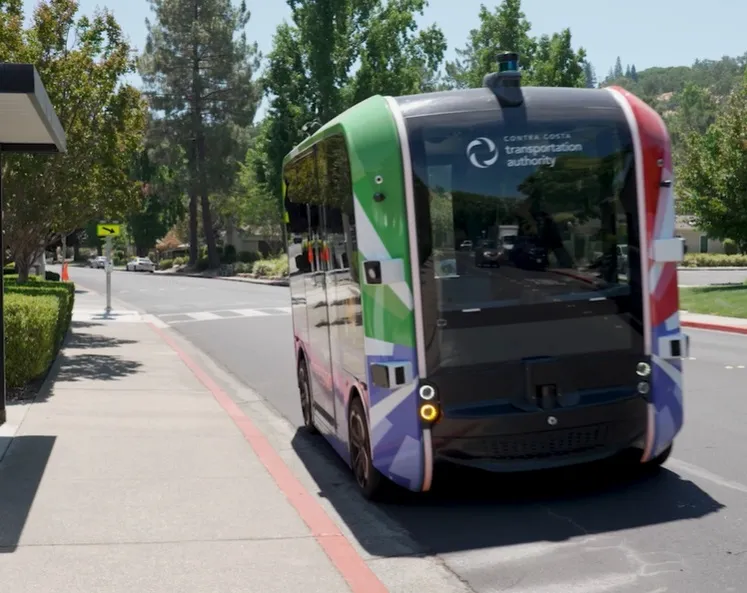ESP Group has been appointed by the UK’s Rail Settlement Plan to provide personalisation, encoding and fulfilment services for a major smartcard programme that will simplify travel for millions of passengers on the UK’s busiest train network.
The company’s smartcard operation Systex will produce and issue a range of powerful contactless smart tokens for short and long term use that will include high capacity microprocessor cards, lower capacity smart tickets, wristbands, key fobs and accessories.
The
January 8, 2015
Read time: 2 mins
ESP Group has been appointed by the UK’s Rail Settlement Plan to provide personalisation, encoding and fulfilment services for a major smartcard programme that will simplify travel for millions of passengers on the UK’s busiest train network.
The company’s smartcard operation Systex will produce and issue a range of powerful contactless smart tokens for short and long term use that will include high capacity microprocessor cards, lower capacity smart tickets, wristbands, key fobs and accessories.
The1837 Department for Transport’s South East Flexible Ticketing programme (SEFT) will set the standard for interoperable rail travel across National Rail. This programme is the most complex implementation of a smart ticketing service to date in the UK and will eventually offer travellers the chance to travel within the region using a smart card which is valid across many individual train operators and modes of transport.
ESP Group CEO Terry Dunn commented: “We are delighted to be working with RSP to deliver smartcards for such a ground-breaking project. The powerful microprocessor smartcard platform at the core of the system provides future proofing through its capacity, flexibility and compatibility with mobile solutions.”
The company’s smartcard operation Systex will produce and issue a range of powerful contactless smart tokens for short and long term use that will include high capacity microprocessor cards, lower capacity smart tickets, wristbands, key fobs and accessories.
The
ESP Group CEO Terry Dunn commented: “We are delighted to be working with RSP to deliver smartcards for such a ground-breaking project. The powerful microprocessor smartcard platform at the core of the system provides future proofing through its capacity, flexibility and compatibility with mobile solutions.”








